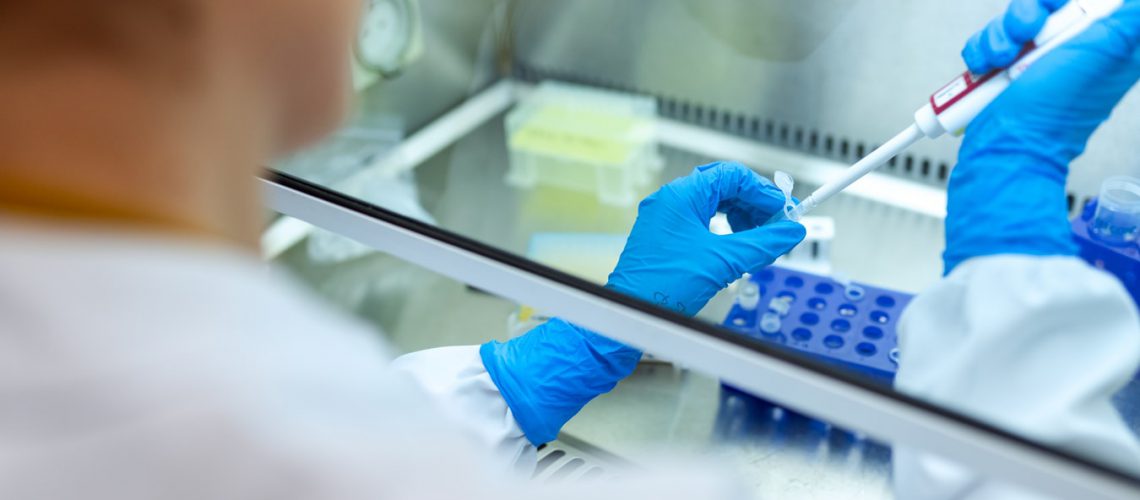The identification of D variants is important in transfusion medicine and pregnancy because patients with D variants are in danger of immunization by RhD-positive blood cells. Serologic RhD typing can be uncertain due to the fact that monoclonal anti D reagents may react in variable manner or even in full strength with partial D types.
In a case of pregnancy with later proven RHD*10 (DAU) and categorized as partial D, we were stopped short of false RhD phenotyping because all serologic tests resulted in full strength reaction with several different anti-D reagents in all standard tests. At no time, agglutination signs for a weak or partial D variant were observed. The DAU cluster and other RHD variants are not prevailing in European population, but generally D variants may become more frequent with migrations and, thus, the possibility of false D antigen typing should be minded. In this context molecular RHD analysis will become increasingly required to secure the correct RhD status.
Mismatching and pitfalls in blood group serology may occur more often than thought. Genetic and ethnic factors and other reasons for gene conversion (RHD, RHCE) or mutations highlight limits of serology. This is a challenge for guideline-compliant diagnostics. Apart from certain genetic-ethnic factors, the overall diversity of RHD genes will have an impact on diagnostic strategy. Information about geographical and ethnic origin of patients can be helpful in the diagnostic design. In the prevention of RhD antigen immunization in situations such as transfusion or pregnancy one must reconcile the failure of serology. Our results give an example for possible errors in serologic phenotyping with unwanted consequences in transfusion or omission of appropriate anti-D prophylaxis. Some variants are able to react as strong as normal RhD-positive erythrocytes so that they cannot be detected in classical serologic tests; a proven fact that false RhD phenotyping is inherent to serology. For the sake of a correct RhD status, molecular RHD classification is indeed an inevitable tool.
